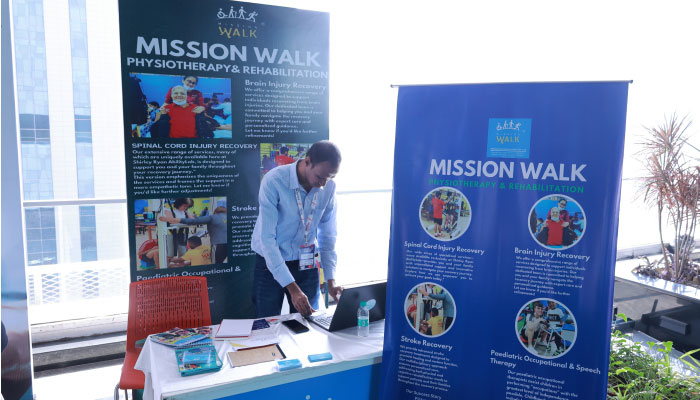Women’s physiological states fluctuate dramatically throughout their lives, including menstruation in adolescence, pregnancy in adulthood, and menopause later in life. All of these alterations disturb the chemical balance, affecting all systems.
The skeletal system (which consists of bones, cartilage, ligaments, and tendons) is one of the systems affected. Proper nutrition is required for optimal bone formation. Calcium and vitamin D both play important roles in the regulation of bone growth. Hormones also influence bone development in females. Hormones are natural molecules that our bodies produce. Hormones are essential for growth and development, reproduction, normal conduct, and the maintenance of normal bodily systems.
Estrogen and bones
Estrogen is the hormone found in females that regulates bone growth. The level of this hormone fluctuates throughout life but begins to decline after menopause. The loss of estrogen has a negative impact on the bones. It depletes bone tissue, causing it to become brittle and readily fractured. It even slows the recovery of broken bones. In the later stages of menopause, the effect becomes more noticeable. This explains why fractures are so common in the elderly.
Studies show that women who already have poor nutritional conditions are at a higher risk of developing bone disorders. The foundation for good bones is optimal nutrition, and stronger bones delay bone depletion.
Nutrition for bones
Women should not just care for their families but also for themselves. She should be careful to incorporate calcium- and protein-rich foods such as milk and dairy products, eggs, lentils, soya, meat, and so on. Calcium, in conjunction with Vitamin D, regulates bone growth. Proteins are known to reduce calcium loss through urine, making them beneficial for bone health. A healthy nutritional foundation in childhood provides long-term benefits. Overall, a well-balanced diet is required to stay healthy and active.
Eating soy proteins can help mitigate the negative consequences of low estrogen, they can help maintain the body’s estrogen levels, to some extent. However, the effects of soy protein are only obvious after a long period of consumption.
Conclusion
So, the baseline is that sufficient nutrition in childhood may protect you from bone problems later in life and delay your reliance on cane sticks or other support devices. Experience active aging.



